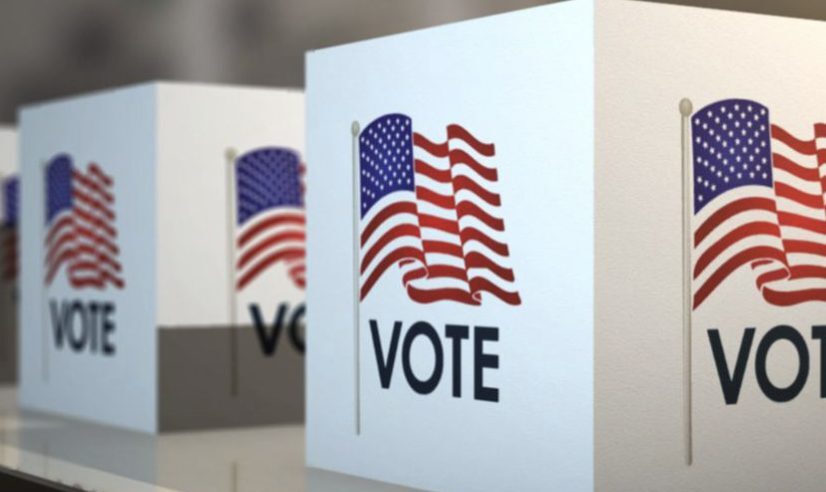
- The legislation would have provided a route for those convicted of certain non-violent crimes to have their voting rights restored.
A Mississippi House bill that would have restored voting rights to those who were convicted of non-violent crimes died in a Senate committee this week.
On Tuesday, Senate Constitution Committee Chair Angela Hill (R) did not take up House Bill 1609, effectively killing it for this session. The bill was double referred to the Judiciary B Committee as well.
As previously reported by Magnolia Tribune, the bill would have provided a route for those convicted of certain non-violent crimes to have their voting rights restored after five years upon the completion of their sentence or probation with all fines or fees paid as part of their sentencing requirements if the bill had become law.
When asked why the bill was not considered in the Senate’s Constitution Committee, Hill gave a brief response, saying, “The Constitution speaks for itself.”
When asked why there was no consideration given to change the state constitution, Hill gave the same answer.
Section 253 of the Magnolia State’s Constitution, adopted in 1890, states: “The Legislature may, by a two-thirds vote of both houses, of all members elected, restore the right of suffrage to any person disqualified by reason of crime; but the reasons therefor shall be spread upon the journals, and the vote shall be by yeas and nays.”
Failure of the bill to make it out of committee ended any chance of a suffrage restoration bill becoming law this session.
“Well I’m not surprised, I’m just disappointed she wouldn’t consider it after it passed so overwhelmingly in the House,” said State Rep. Kabir Karriem (D), who authored HB 1609. “This is about the furthest we’ve ever got to true suffrage restoration in the state of Mississippi. It’s truly a slap in the face for the people of Mississippi that it did not garner the attention of the chairwoman over there in the Senate.”
Rep. Karriem questioned the wisdom of the state constitution.
“We know from history the 1890 Constitution was mainly to target African Americans in Mississippi,” said Karriem. “It’s a shame that even today that we’re still talking about the same issue. You know we haven’t had true voter rights restoration since the 40s when then Representative (William) Winter had legislation that passed that restored the voting rights to World War I and II veterans.”
The House bill in question was the second bill this session that would have restored voting rights to those convicted of many non-violent crimes. Early last month HCR 4, also filed by Rep. Karriem, died in committee; it was similar to HB 1609.
Disenfranchising crimes that would have remained under both bills this session included arson, bribery, perjury, armed robbery, carjacking, embezzlement of more than $5,000, murder, rape, statutory rape, sexual battery and human trafficking. The current full list of this state’s disenfranchising crimes totals 23 and includes non-violent crimes such as larceny of timber or livestock. According to MSVotes, 9.3 percent of the state’s population is unable to vote due to a disenfranchising crime conviction.
HB 1609 had an expungement aspect to it as well, Karriem added.
Even though the bill is no longer moving through the Legislature, Karriem still thanked House Constitution Chair Price Wallace (R) and House Speaker Jason White (R) for their support of the bill.
“We’ll try again next year, and we want to continue to provide hope to those who have paid their debt to society who are trying to take care of themselves and families and want to be a part of the process again. People shouldn’t be walking around with a scarlet F on their chest for the rest of their lives,” Karriem said.










